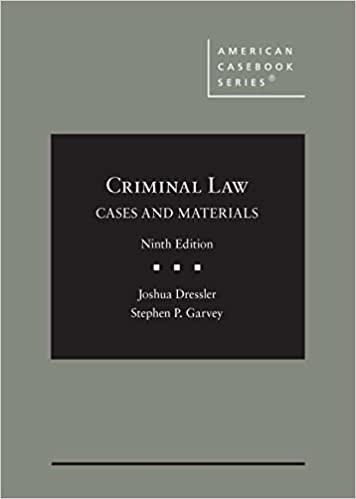Answered step by step
Verified Expert Solution
Question
1 Approved Answer
COMMERCIAL LAW - Agents and Principals In the business world, the principals are by-and-large shareholders of companies, the owners of companies that want them run
COMMERCIAL LAW - Agents and Principals In the business world, the principals are by-and-large shareholders of companies, the owners of companies that want them run for their own benefit. The agents are the corporate executives, who earn a salary but might be able to benefit themselves in other ways, through their power in the company. Two of the biggest and most successful companies in the world - Apple and Google - are grappling with how to solve the principal and agent problem Early conditions at Apple in its entrepreneurial phase, meant that its founders were forced to sell off a large percentage of ownership to investors and the broader stock market. As a result, today, those investors wield outsized clout over the company's operations. They have used this power to dramatically rein in the executives of Apple, dictating policies on a number of issues but most specifically cash flow allocation. In 2012, Apple's shareholders engaged in a "revolt" against management, demanding that the company pay some of its cash reserves to shareholders in the form of dividends or stock buybacks. In other words, the investors saw that Apple was profitable and they wanted to have a bit of those profits for themselves in the form of cash payouts. Apple's management resisted, stating that they would prefer to save the cash reserves for future expansion and growth. The power of the shareholders carried the day and over the next few years, Apple paid out 72% of their operating cash flow. In this case, shareholders used their power over management to push their own solution to the principal/agent problem and they were rewarded with a large share of Apple's profits. A counter-example is Google. Google's founders were able to retain a large percentage of ownership and they used this power to further entrench themselves, giving their shares larger voting authority than regular shareholders. As a result, Google only distributed 6% of their operating cash flow to shareholders over the same period, in which Apple was distributing 72%. What has that meant for Google? Google engaged in widespread expansion: Self-driving cars, medical research, space technology and wearables such as Google Glass. REQUIRED A. Discuss in relation to Agency theory, the duties owed by an agent of Apple and Google to the principal, and rights the agent has against that principal. REQUIRED B. Discuss whether Apple's shareholders were taking too much of a short-term view, while Google's management-centric power structure allowed them to take the long-term view
Step by Step Solution
There are 3 Steps involved in it
Step: 1

Get Instant Access to Expert-Tailored Solutions
See step-by-step solutions with expert insights and AI powered tools for academic success
Step: 2

Step: 3

Ace Your Homework with AI
Get the answers you need in no time with our AI-driven, step-by-step assistance
Get Started


